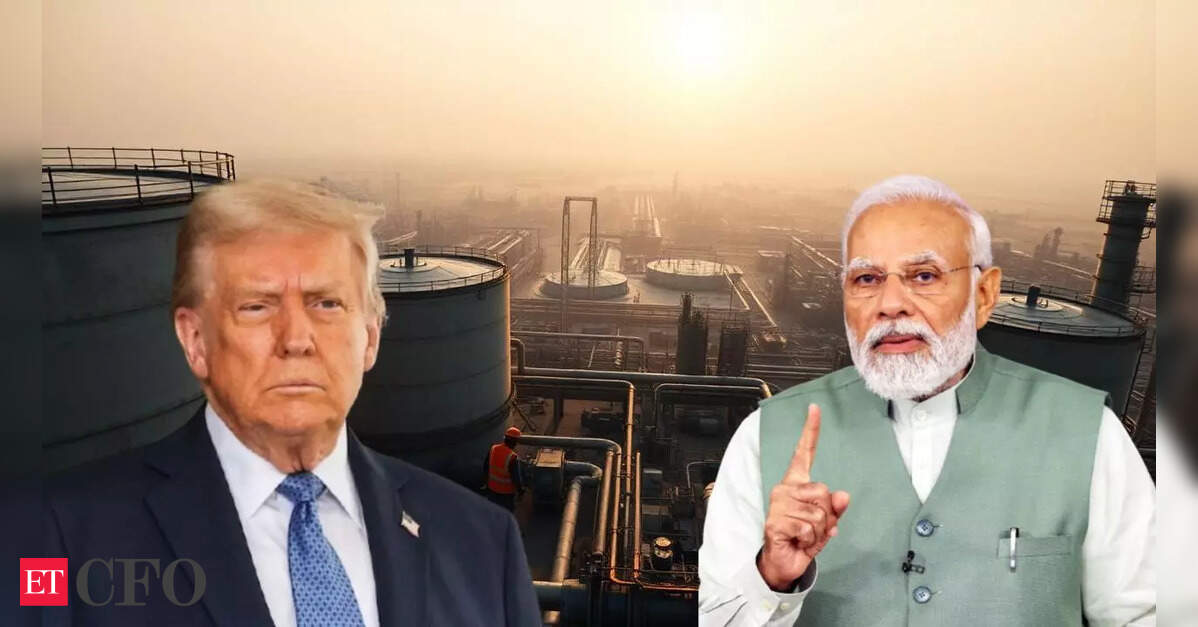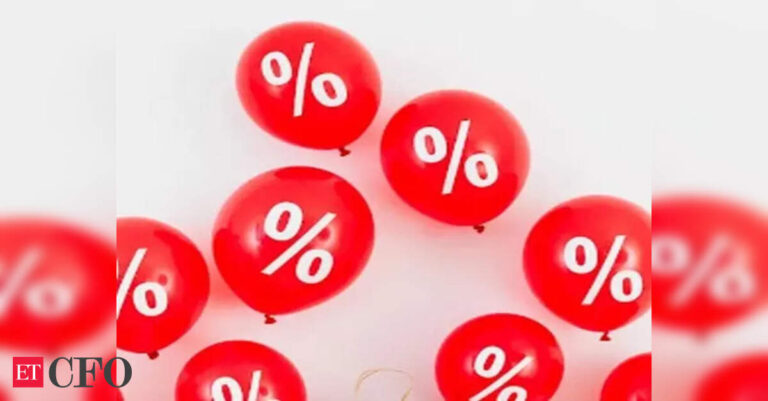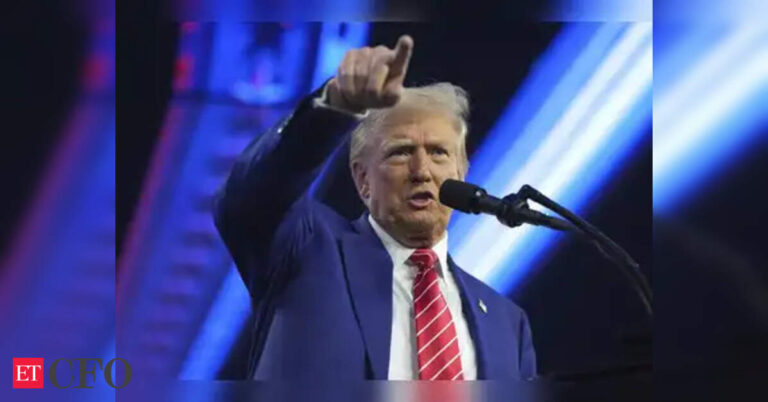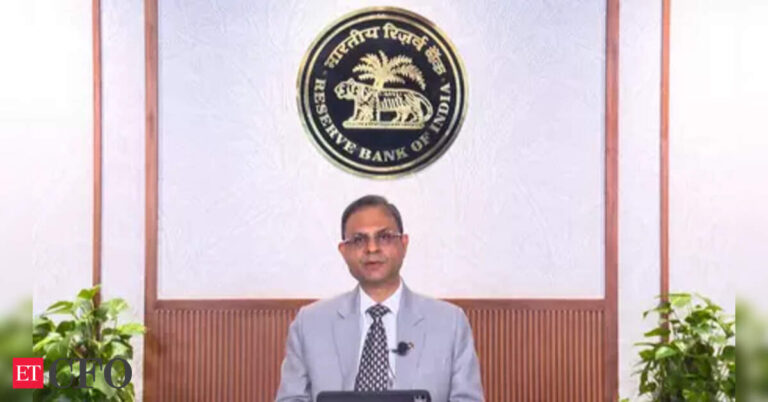Prime Minister Narendra Modi struck a defiant tone in the face of US President Donald Trump’s tariff threats, urging the nation to buy local goods as his administration signaled it would continue buying Russian oil.
Modi’s government hasn’t given India’s oil refiners instructions to stop buying Russian oil, and no decision has been taken on whether to halt the purchases, people familiar with the situation told Bloomberg, asking not to be named due to the sensitivity of the matter. Both state-run and private refiners are allowed to buy from preferred sources, and crude purchases remain a commercial decision, several of the people said.
Over the weekend, Modi underscored the importance of shielding India’s economic interests during uncertain global conditions. The comments came just days after the Trump administration imposed a 25% tariff on Indian exports to the US. The White House is also threatening more action if India continues Russian oil purchases.
“The world economy is going through many apprehensions — there is an atmosphere of instability,” Modi said at a rally in the northern state of Uttar Pradesh on Saturday. “Now, whatever we buy, there should be only one scale: we will buy those things which have been made by the sweat of an Indian.”
India has become one of Trump’s top targets as he looks to pressure Russian President Vladimir Putin to end his war in Ukraine. The US president lashed out at India last week, criticizing it for joining the BRICS grouping of developing countries and maintaining close ties with Russia, saying “they can take their dead economies down together.”
The rebuke marked a stunning shift in tone for the US, which for years had overlooked India’s close historical ties with Russia as it courted the nation as a counterweight in Asia to China. Now, Trump appears willing to undo that strategy to gain leverage against Putin, who has resisted the US president’s efforts to end the fighting in Ukraine.
‘Get Real’
Stephen Miller, Trump’s deputy chief of staff, on Sunday accused India of imposing “massive” tariffs on American goods and “cheating” the US immigration system in addition to purchasing about as much Russian oil as China.
“President Trump, he wants a tremendous relationship and has had always a tremendous relationship with India and the prime minister,” Miller said. “But we need to get real about dealing with the financing of this war.”
“So, President Trump, all options are on the table to deal diplomatically, financially and otherwise with the ongoing war in Ukraine, so we can achieve peace,” Miller added.
Trump last week told reporters he “heard” India would no longer be buying oil from Russia, calling it “a good step.” Bloomberg reported last week that refiners were told to come up with plans for buying non-Russian crude, but one of the people said the instruction amounted to scenario planning in case Russian crude were to become unavailable.
The New York Times reported Saturday that India would keep buying Russian crude despite a threat of penalties from Trump, citing two senior Indian officials it didn’t identify. An Oil Ministry spokesperson didn’t reply to messages from Bloomberg seeking comment outside of regular business hours.
India’s refiners have been singled out by the European Union and the US for supporting Moscow during its war in Ukraine with the oil purchases. It has become the world’s biggest buyer of Russian seaborne exports of crude, soaking up discounted barrels and ramping up its purchases from almost zero to about one-third of its imports.
Although China is the primary economic and diplomatic backer of Russia, Trump’s leverage against the world’s second-biggest economy is limited due to Beijing’s control of rare-earth magnets the US needs to make high-tech goods. The US and China have held talks in recent months aimed at stabilizing the relationship after they both hiked tariffs on each other’s goods well beyond 100% earlier this year.
‘Time-tested partnership’
India has defended its ties with Russia, one of its biggest suppliers of weapons dating back to the Cold War. The two nations have a “steady and time-tested partnership,” Indian Foreign Ministry spokesperson Randhir Jaiswal told reporters on Friday.
“Our bilateral relationships with various countries stand on their own merit and should not be seen from the prism of a third country,” Jaiswal said. Asked about ties with the US, he added that he’s “confident that the relationship will continue to move forward.”
India expects US trade negotiators to visit the country toward the end of the month to continue talks on a bilateral deal, an official in New Delhi said Friday. The nation will hold its ground and won’t give the US access to its dairy and agriculture sectors, the official said, citing political and religious sensitivities.
Modi’s renewed emphasis on domestic manufacturing and consumption echoes his long-standing “Make in India” initiative. However, the message has taken on new urgency after the US tariffs.
“The interests of our farmers, our small industries and the employment of our youth are of paramount importance,” Modi told the rally on Saturday.





















